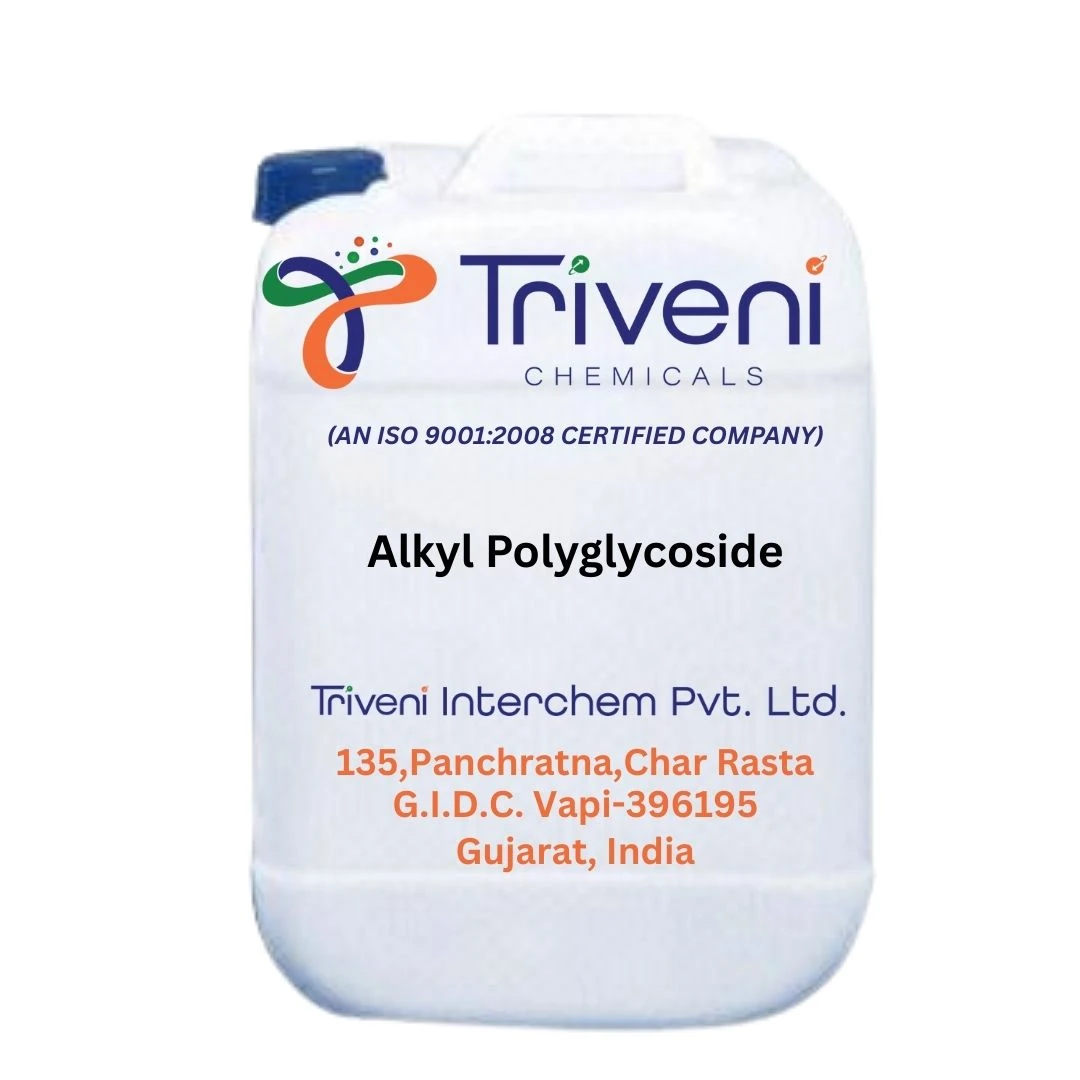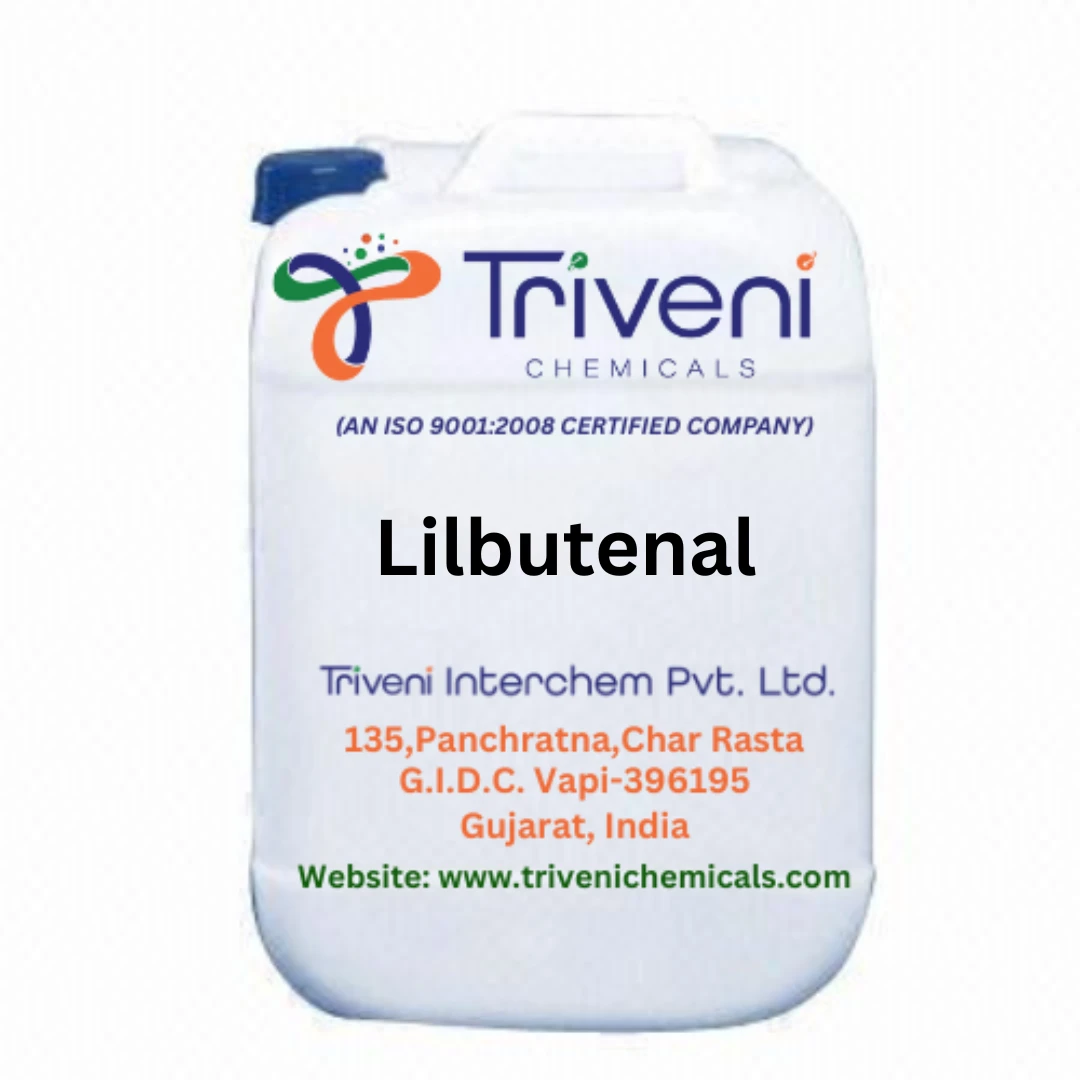Detergents and shampoos are commonplace in our daily lives, and they play critical functions in maintaining cleanliness and hygiene. Detergents, which are primarily intended for cleaning various surfaces and fabrics, are created to effectively remove dirt, grease, and stains. They contain surfactants, which reduce water's surface tension, allowing it to..
Detergents and shampoos are commonplace in our daily lives, and they play critical functions in maintaining cleanliness and hygiene. Detergents, which are primarily intended for cleaning various surfaces and fabrics, are created to effectively remove dirt, grease, and stains. They contain surfactants, which reduce water's surface tension, allowing it to penetrate and lift pollutants from a variety of substrates. Furthermore, detergents frequently include enzymes and chemicals customized to specific cleaning activities, such as stain-removing enzymes in laundry detergents or grease-cutting agents in dishwashing detergents. Shampoos, on the other hand, are specialist washing agents designed specifically for the hair and scalp. They are similar to detergents in that they use surfactants to wash and emulsify oils and grime. Shampoos, on the other hand, are carefully created to balance cleansing with the preservation of the natural oils and pH levels of the scalp and hair. They may also include conditioning agents, vitamins, and botanical extracts to improve the health and look of the hair by making it smooth, manageable, and shiny. Detergents and shampoos have evolved greatly over time to accommodate specific cleaning needs as well as environmental considerations. To decrease their impact on ecosystems, modern formulations frequently prioritize biodegradability and environmentally friendly components. Furthermore, advances in the chemistry of surfactants and additives have resulted in more effective and environmentally friendly cleaning solutions. As consumers become more aware of these products' environmental impact, producers continue to develop, ensuring that detergents and shampoos not only clean properly but also adhere to sustainable methods.
- Detergents And Shampoos – Formulated for cleaning and personal care, similar to Detergents And Soaps.



